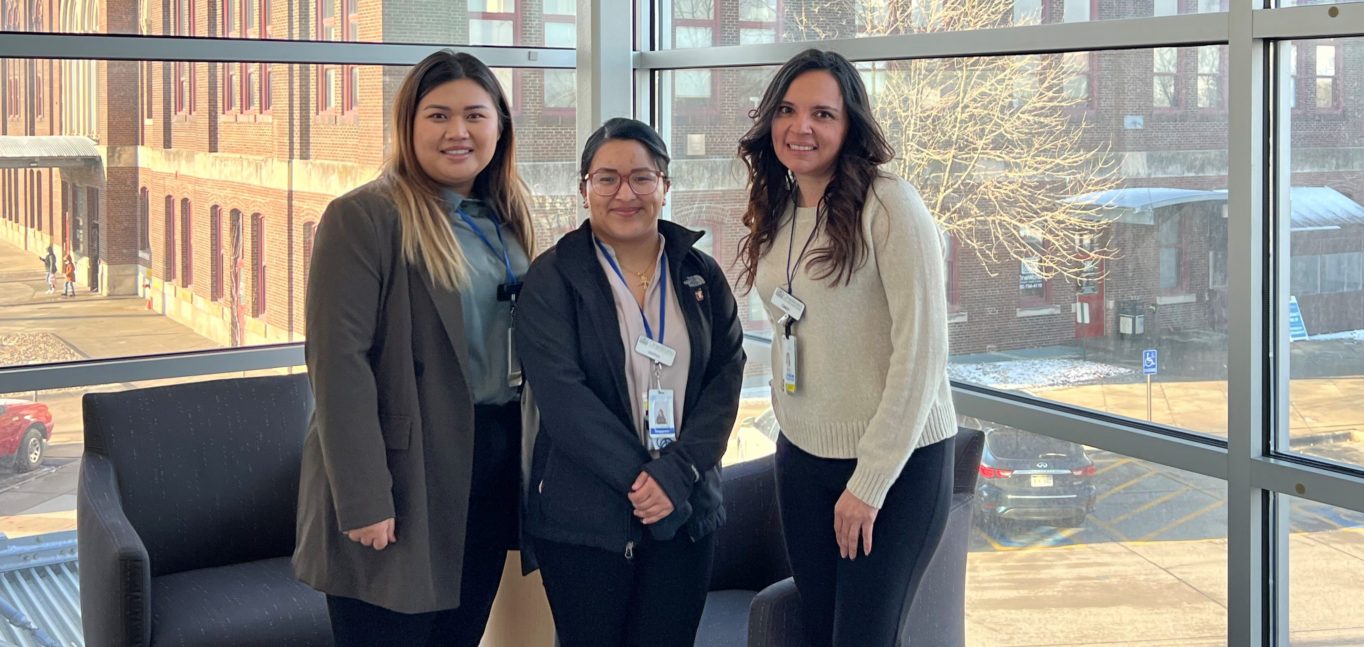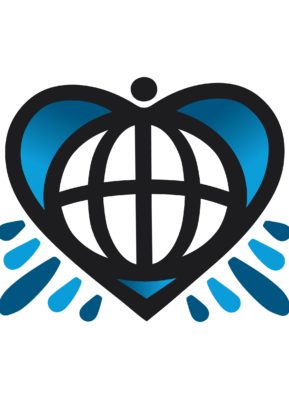The power of language
OneWorld interpreters offer sense of understanding and trust

OneWorld Interpreters
Every day, OneWorld Interpreters, Maria Ramirez, Cindy Spitznagle and Maribell Dawlay, use language to find commonality and build trust with OneWorld patients.
“When I walk into the room, I can see the relief on their face,” said Ramirez, Q’anjobal Interpreter. “It’s easy to get confused in your primary language, especially with health care terminology, so having to make sense of it in another language is nearly impossible. When we are there, we can help them truly understand what they need to do for their health.”
National Minority Health Month is observed annually every April. This year’s theme, Better Health Through Better Understanding, focuses on providing culturally and linguistically appropriate information to empower patients to create healthier outcomes for themselves and their communities.
Dawlay, who serves as OneWorld’s Karen interpreter, believes that offering interpretation services provides a voice for Karen patients.
“I enjoy helping the Karen community improve their health and understanding of modern medicine,” said Dawlay. “Providing interpretation builds a stronger and healthier Karen community.”
It is estimated that only 14 percent of the United States population has proficient health literacy, defined by the Centers for Disease Control and Prevention as the degree to which individuals have the ability to find, understand and use information and services to inform health-related decisions and actions for themselves and others.
OneWorld fights this barrier by providing in person interpretation services in Spanish, Q’anjobal and Karen. For other languages, OneWorld uses an over-the-phone interpretation service.
In addition to the benefits of increasing understanding, Spitznagle, who serves as a Spanish interpreter, said interpretation gives patients the space to play an active role in their health care plan.
“Patients can feel empowered to express their concerns and ask questions because they feel more comfortable,” said Spitznagle. “When we are there, they don’t have to focus on how to ask the questions they have in another language, but can focus on understanding their own health care instead.”
One area many patients need help with is understanding their prescriptions. Ramirez said she recently helped a patient with diabetes who thought he needed to take 15 milliliters of insulin three times a day, when he really needed to take five milliliters three times a day, a total of 15 milliliters daily.
“He was happy and surprised that I was able to speak Q’anjobal and we were able to correct the misunderstanding in one phone call,” said Ramirez. “Something like this is life altering, and it shows how important interpretation is not only for someone’s physical health, but for creating a space where they feel welcome, heard and respected.”
At OneWorld, We Care for All People.




